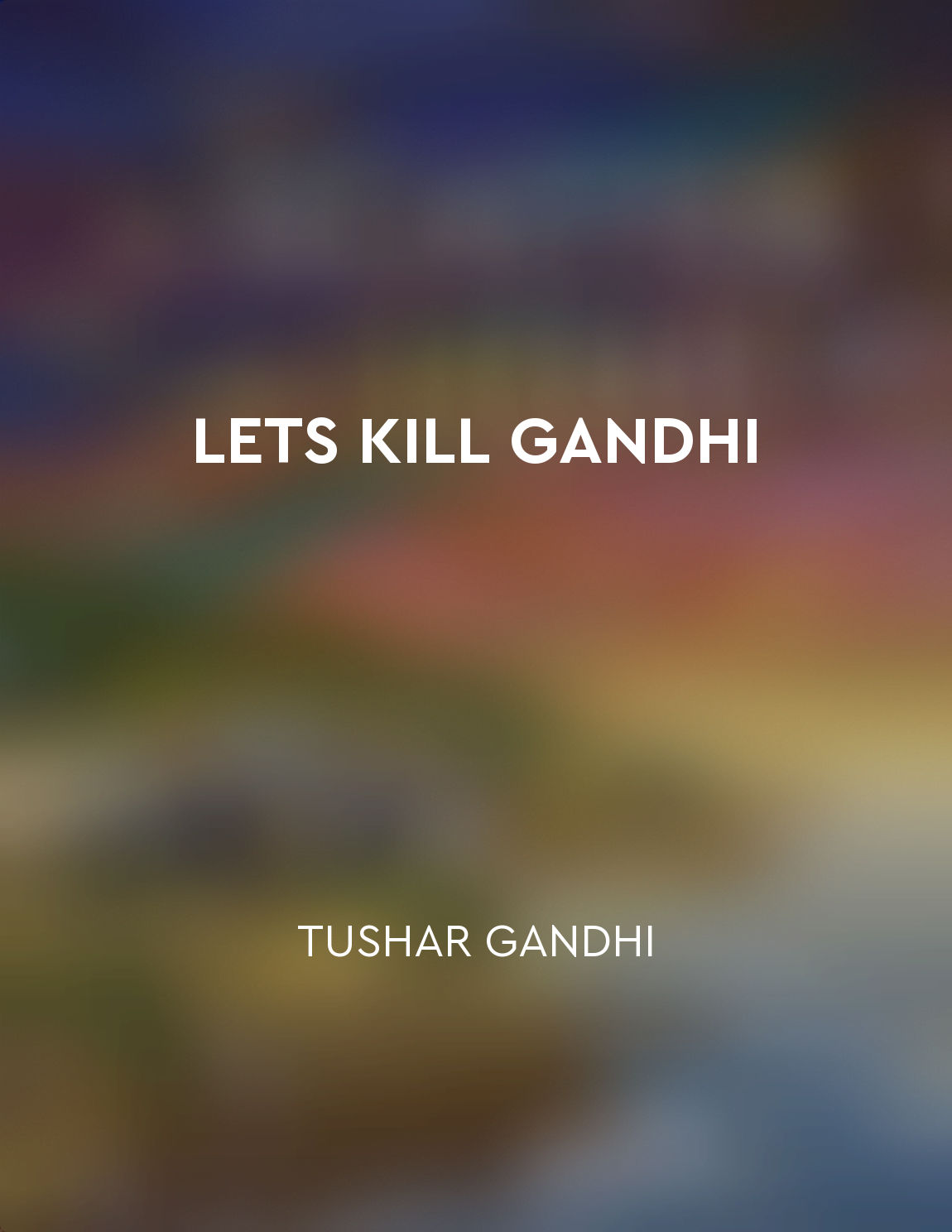Audio available in app
Quit India Movement from "summary" of India's Struggle for Independence by Bipan Chandra,Mridula Mukherjee,Aditya Mukherjee,K N Panikkar,Sucheta Mahajan
The Quit India Movement, also known as the August Movement, was launched by Mahatma Gandhi on 8 August 1942. It was a pivotal moment in India's struggle for independence from British colonial rule. The movement called for the immediate end of British rule in India and the establishment of a sovereign, democratic government. The Quit India Movement was a mass movement that aimed to mobilize the people of India to rise up against British oppression. Gandhi's call for 'Do or Die' urged Indians to be prepared to sacrifice everything for the cause of freedom. The movement sought to unite people from all walks of life, regardless of caste, creed, or religion, in a common struggle for independence. The British responded to the Quit India Movement with harsh repression, arresting thousands of leaders and activists, including Gandhi himself. The government imposed strict censorship and cracked down on any form of dissent. Despite these measures, the movement continued to inspire acts of civil disobedience and nonviolent resistance across the country. The Quit India Movement marked a turning point in the Indian independence struggle. It demonstrated the strength and unity of the Indian people in their demand for freedom. The movement also highlighted the moral bankruptcy of British colonial rule and the injustice of foreign domination. The Quit India Movement galvanized the Indian masses and ignited a spirit of resistance that would eventually lead to the end of British rule in India. It inspired future generations of freedom fighters and laid the foundation for the country's independence. The movement remains a powerful symbol of India's unwavering commitment to freedom and democracy.Similar Posts
Celebrate diversity
I believe that diversity is a beautiful thing. It is what makes the world so interesting and vibrant. We are all different in o...
Economic liberalization brought about significant changes
The process of economic liberalization in India had far-reaching consequences that transformed the country in numerous ways. By...
Partition of Bengal
The Partition of Bengal in 1905 was a significant event in the history of India's struggle for independence. It was a decision ...
Gandhi’s call for nonviolence
Gandhi's call for nonviolence was a central tenet of his philosophy and strategy in the struggle for India's independence. He b...
Indian medicine and Ayurveda offer holistic healing methods
Indian medicine and Ayurveda have been practiced for centuries in India, offering holistic healing methods that focus on treati...

Tushar Gandhi's quest for closure is a personal journey
Tushar Gandhi's journey towards closure is deeply personal. It is a quest that is driven by his desire to make sense of the tra...
